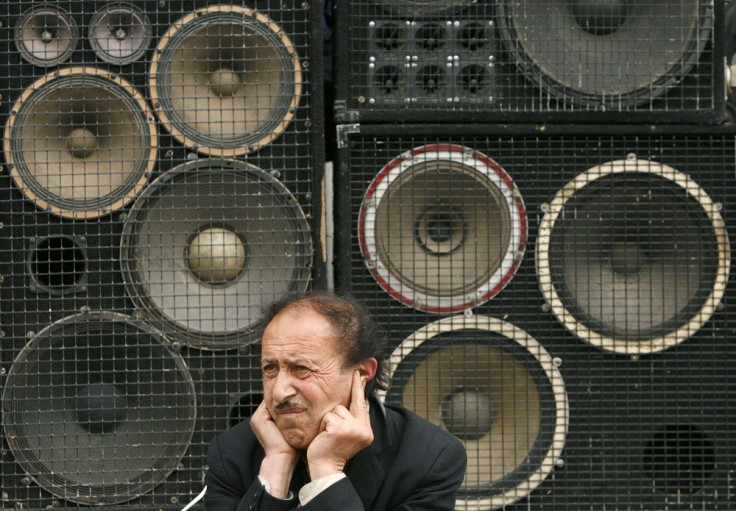Dutch company to hold human clinical trial to reverse hearing loss

A clinical trial on human subjects to reverse hearing loss would soon be conducted by Audion Therapeutics, a Dutch company, after a successful trial on mice. The 2013 study regrew hair cells in the rodent’s cochlea.
The reversal is dependent on a notch inhibitor found in some animals such as birds and fish which allows the regrowth of inactive sensory hair cells after loss of hearing, reports Music Feeds. Unfortunately, humans and mammals do not have the notch inhibitor which is why hearing loss becomes permanent.
In humans, sound vibrations cause the small field of swaying cilia deep in the skull to bend which opens pores that activate electrical signals sent to the brain. Although humans are born with 15,000 hair cells in each ear, these cells do not turn over or replenish themselves. When these hair cells are lost over time, the result is age-related hearing loss which affects about 33 percent of people aged 65 to 74 and almost half of people over 75, according to Audion Therapeutics.
In 2013, when an Audion team of researchers, led by Dr Albert Edge grew and regenerated hair cells in mice’s cochlea, the rodent increased its ability to detect different kinds of sounds. The breakthrough was a result of the team’s observation that side effects of dementia treatment and treating deafness led them to testing the mice’s response which were successful.
For the human trial, Audion would use compounds developed by pharmaceutical giant Eli Lilly and with Frequency Therapeutics which would develop the treatment – using a tube or piece of foam in the middle ear to stimulate regrowth of hair cells damaged by sound.
To fund the human trial, Audion raised €2.5 million (A$3.69 million) Series B investment from INKEF Capital, a venture capital firm based in The Netherlands. Audion was also awarded another €5.8 million (A$8.5 million) grant through the Horizon 2020 program.
The combined funds would allow Audion to lead the clinical Proof of Concept of a treatment which targets sensorineural hearing loss. Reversal of hearing loss would benefit not only the elderly but the 900 million people expected to suffer from age-related hearing loss by 2050.
VIDEO: Hearing Loss is Way More Common than You Think
Source: DNews






